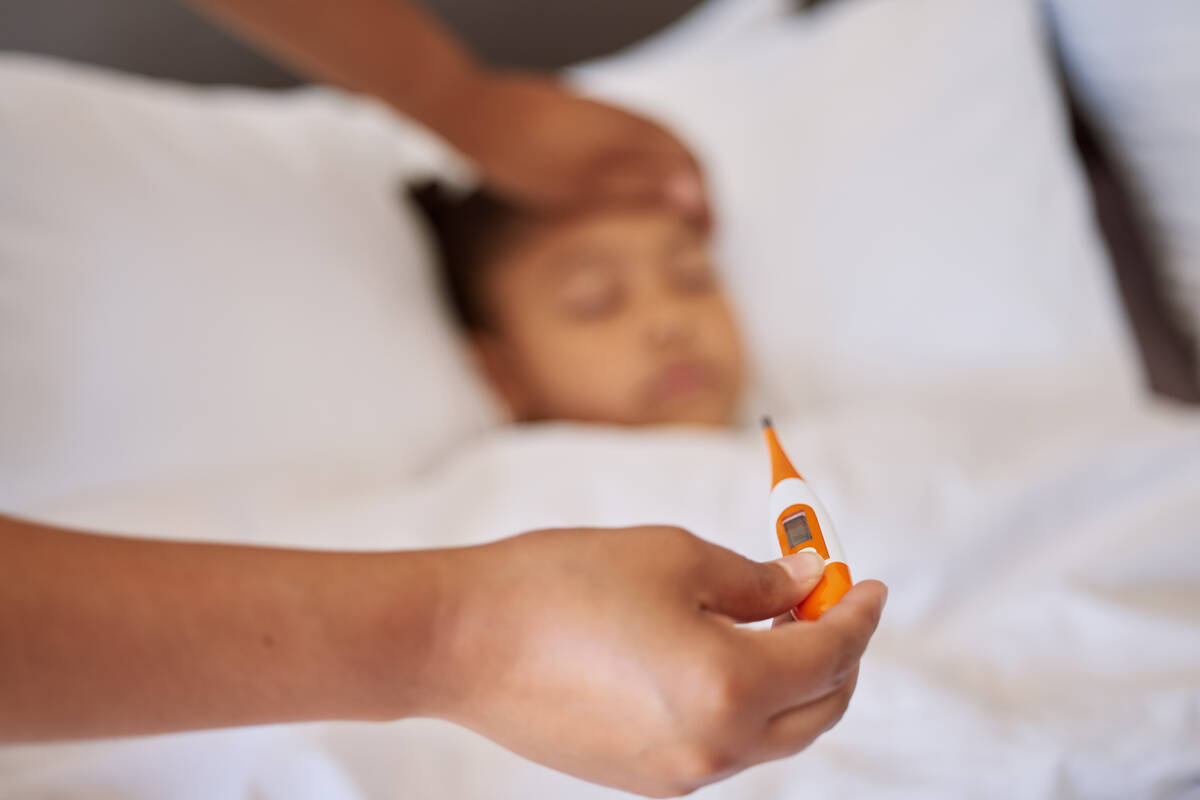How to recognize the signs of pneumonia
Pneumonia causes more than 1 million hospitalizations and 50,000 deaths per year in the U.S., according to the American Lung Association.
Pneumonia is an infection that inflames the air sacs in one or both lungs. The air sacs may fill with fluid or pus, causing cough with phlegm or pus, fever, chills and difficulty breathing.
Pneumonia can range in seriousness from mild to life-threatening. It is most serious for infants and young children, people over 65, and people with health problems or weakened immune systems. For some older adults and people with heart failure or chronic lung problems, pneumonia can quickly become a life-threatening condition.
Symptoms
The signs and symptoms of pneumonia vary from mild to severe, depending on factors such as the type of germ causing the infection, your age and your overall health. Mild signs and symptoms often are similar to those of a cold or flu, but they last longer.
Signs and symptoms of pneumonia may include:
■ Chest pain when you breathe or cough.
■ Confusion or changes in mental awareness in adults 65 and older.
■ Cough, which may produce phlegm.
■ Fatigue.
■ Fever, sweating and shaking chills.
■ Lower than normal body temperature in adults older than 65 and people with weak immune systems.
■ Nausea, vomiting or diarrhea.
■ Shortness of breath.
Newborns and infants may not show any sign of the infection. Or they may vomit, have a fever and cough, appear restless or tired and without energy or have difficulty breathing and eating.
Seek medical attention if you have difficulty breathing, chest pain, persistent fever of 102 degrees or higher or persistent cough, especially if you are coughing up pus.
It’s especially important that people in these high-risk groups see a health care professional:
■ Adults older than 65.
■ Children younger than 2 with signs and symptoms.
■ People with an underlying health condition or weakened immune system.
■ People receiving chemotherapy or taking medication that suppresses the immune system.
Prevention
To help prevent pneumonia:
■ Get vaccinated: Vaccines are available to prevent some types of pneumonia and the flu. Talk with your health care team about getting these shots. The vaccination guidelines have changed over time, so make sure to review your vaccination status with your health care professional even if you recall previously receiving a pneumonia vaccine.
■ Make sure children get vaccinated: Health care professionals recommend a different pneumonia vaccine for children younger than 2 and for children 2 to 5 years old who are at particular risk of pneumococcal disease. Children who attend a group child care center also should get the vaccine. Health care professionals also recommend flu shots for children older than 6 months.
■ Practice good hygiene: To protect yourself against respiratory infections that sometimes lead to pneumonia, wash your hands regularly or use an alcohol-based hand sanitizer.
■ Don’t smoke: Smoking damages your lungs’ natural defenses against respiratory infections.
■ Keep your immune system strong: Get enough sleep, exercise regularly and eat a healthy diet.

























